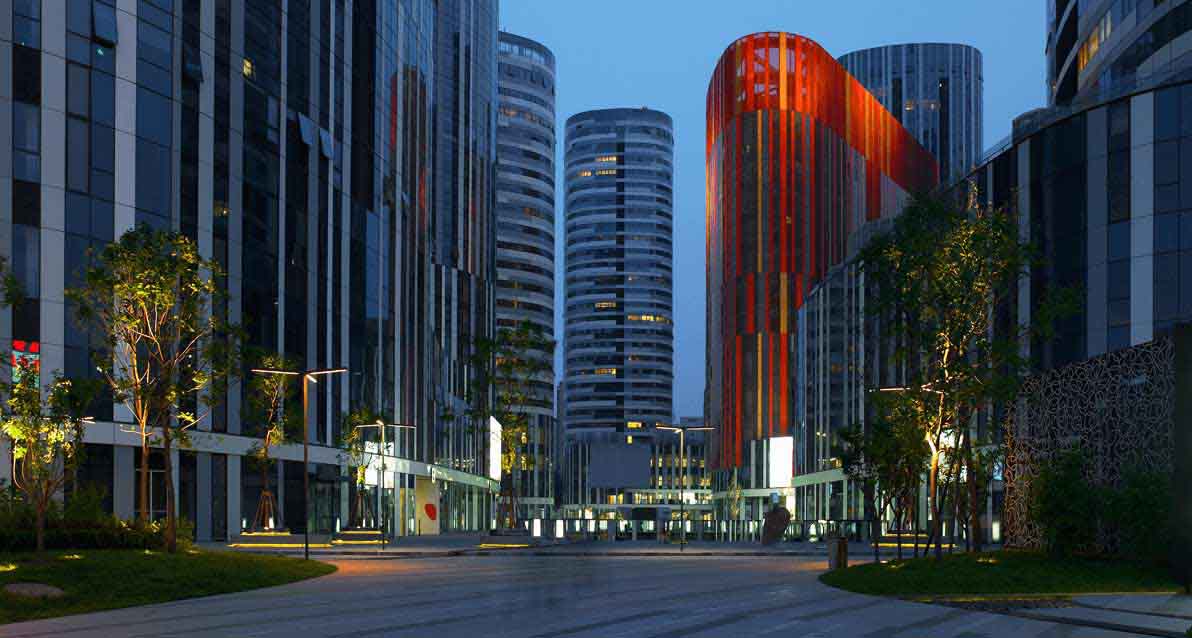- Article

- Sustainability
- Transition to Net Zero
ASEAN Sustainable Finance State of the Market 2022
Key takeaways
- The ASEAN sustainable finance market – encompassing green, social, sustainability, sustainability-linked and transition debt – contracted in 2022 for the first time ever due to adverse market conditions, however volumes stay almost twice the level of 2020 and many positives remain.
- Issuance was lower across most market segments in 2022. The exceptions were green Sukuk and social bonds which both achieved record volumes.
- Singapore remains the clear leader and most developed market overall in the region both cumulatively and in 2022. The country accounts for 63% of cumulative ASEAN issuance and is top across the green, sustainability-linked loans (SLL) and sustainability-linked bonds (SLB) segments.
- Sovereign issuances remained relatively robust in 2022, showing the most resilience of all issuer types in the region.
- While issuance volumes were generally lower versus 2021, many relevant policies and initiatives were announced and/or implemented during 2022, setting a promising tone for the future of sustainable finance in the region.
'CBI – ASEAN Sustainable Finance State of the market 2022' report
Overview
With the support of HSBC, the Climate Bonds Initiative has released the fifth report under its ASEAN Sustainable Finance State of the Market series. The report analyses developments and trends in the ASEAN sustainable finance market and highlights key policies and initiatives introduced to promote the growth of sustainable finance in Indonesia, Malaysia, the Philippines, Singapore, Thailand, Vietnam and across the region during 2022.
Following a very strong 2021, the ASEAN sustainable finance market contracted in 2022 for the first time ever. This contraction reflects adverse market conditions that negatively impacted global capital markets activity. While the sustainable finance volume – encompassing green, social, sustainability, sustainability-linked and transition debt – decreased by 32% year-on-year, it stayed robust at USD36 billion, which is almost twice the level of 2020.
Despite the contraction of the ASEAN sustainable finance market in 2022, many positives remain. Sovereign issuances stayed relatively strong, with Singapore and the Philippines becoming two new sovereign issuers of green and sustainability bonds respectively. This is a positive sign given the importance of sovereign transactions, both in stimulating market activity and development as well as in allocating large amounts of capital to sustainable projects and activities. In addition, 2022 was an active year for policy and market development initiatives in the region, with the release of the ASEAN Sustainability-Linked Bond Standards, as well as stakeholder consultation on the first version of the ASEAN Taxonomy conducted throughout the year, alongside a range of national-level sustainable finance policies, initiatives and measures by respective ASEAN Member States, including but not limited to the spheres of taxonomies, disclosures and transition finance.
The sustainable finance market in ASEAN is now at an inflection point. The frequent sovereign issuances, which have become the norm in ASEAN, indicate a high level of interest from governments in the region to develop the market. With greater awareness and stronger business impetus this sets a very promising tone for the future of sustainable finance in the region.
|
What does this mean for corporates and investors?
While the ASEAN sustainable finance market contracted in 2022, there appears to be an increasing focus from the governments in ASEAN on mobilising finance for sustainable development, as reflected by an acceleration in recent years of the developments of policies, standards and initiatives that aim to support greater deployment of sustainable finance.
The ASEAN as well as countries such as Indonesia, Malaysia, Singapore, Thailand and Vietnam, have put in place, or are in the process of developing, taxonomies that allow for the identification of sustainable and transition activities. For investors looking to invest in sustainable activities in the region, these taxonomies could help guide their investment decisions.
For corporates, there are increasing expectations that they should be more transparent on their sustainability performance and how they are managing climate-related risks. Mandatory disclosure rules are starting to be implemented for listed companies, and reporting tools are being developed to support corporates in their disclosures. For example, Singapore Exchange (SGX) introduced new listing rules requiring all listed companies to provide climate disclosure on a ‘comply or explain’ basis from the financial year starting 2022. Climate disclosure will subsequently become mandatory for listed companies across a number of sectors. In 2022, SGX also launched ESGenome, a disclosure platform that makes the ESG disclosure process easier and more streamlined for corporates. Likewise, Bursa Malaysia has announced a centralised sustainability reporting platform which will be launched in collaboration with the London Stock Exchange Group (LSEG).



